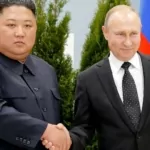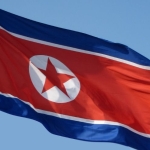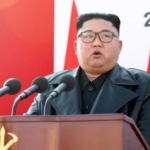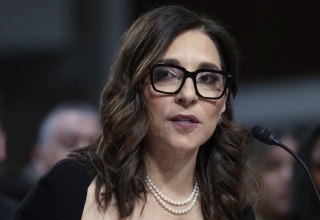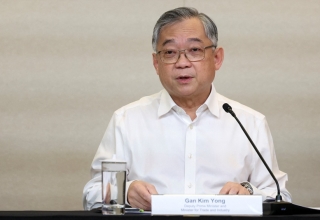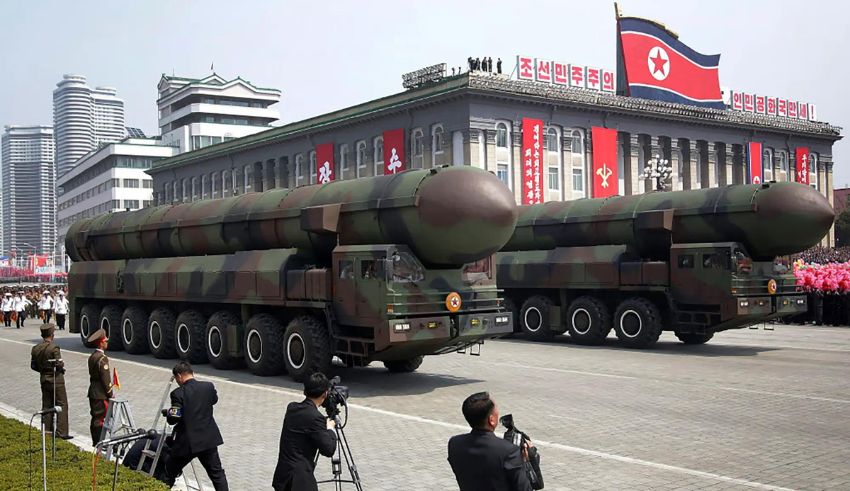
In a world where diplomatic tensions often overshadow the headlines, a remarkable trilateral alliance of South Korea, the United States, and Japan has taken a bold step. Together, they have issued a shared denunciation of what they label North Korea’s alleged clandestine weapon supply to Russia, pointing out the grave implications it holds for the ongoing Ukraine crisis.
In a joint statement that resonated with the gravity of their concern, the three nations committed to exposing Russia’s suspected endeavors to source military hardware from North Korea. This message, however, is more than a mere admonishment; it is a collective pledge to unveil a shadowy arms trade that threatens to escalate the human cost of Russia’s actions in Ukraine.
Such a statement would typically draw the attention of global powers, but in this ever-evolving world, this trilateral alliance has woven an intricate web of diplomacy. Their resolute response serves as a sturdy wall of resistance to the enigmatic arms transfer deal that Russia and North Korea have been orchestrating. This deal unfolds silently, unbeknownst to many, even as the international community sounds repeated alarms.
Locked in their own separate battles with the United States and its allies, North Korea and Russia have lately formed a covert camaraderie. It is in this clandestine partnership that the world’s concerns lie. Speculation has grown that North Korea, a nation traditionally known for its hermit-like existence, is surreptitiously channeling conventional arms into Russia’s weapon reserves. These speculations have grown louder, especially after the surprise visit of North Korean leader Kim Jong Un to Russia’s Far East, where he met President Vladimir Putin and explored confidential military installations.
For the U.S., South Korea, and several other countries, the whispers of this secretive arms exchange signify an impending peril. They are increasingly convinced that North Korea is swapping its conventional weaponry for Russia’s advanced arms technology, a transaction that could give a worrying edge to North Korea’s nuclear program. Such an arrangement could alter the balance of power in the region and beyond, transforming the geopolitical landscape in unforeseen ways.
Russia and its Moves
However, Russia is quick to dismiss these rumors, as the recent words of Russian Foreign Minister Sergey Lavrov attest. Lavrov, during his visit to Pyongyang, lauded North Korea’s steadfast support in Russia’s conflict with Ukraine but shrugged off the accusations made by the U.S. The terse response from the Russian foreign minister reflects Moscow’s reticence to be drawn into the ongoing diplomatic tangle.
In the shadows of this cloak-and-dagger operation, the White House recently made startling revelations. They disclosed that North Korea had secretly delivered over a thousand containers of military equipment and munitions to Russia. The White House’s images of these containers being discreetly loaded onto a Russian-flagged vessel and subsequently moved on trains have only deepened the intrigue.
The joint statement from Seoul, Washington, and Tokyo underscores the imperative of vigilance in tracking materials exchanged between Russia and North Korea. They voice deep concerns over any potential transfer of nuclear- or ballistic missile-related technology to North Korea, an act that would flagrantly breach U.N. Security Council resolutions.
North Korea’s extensive missile tests, including simulations of nuclear attacks, have caused global concern. The collaboration between North Korea and Russia to share high-tech weapons technology poses a worrying prospect, indicating the possibility of more dependable nuclear weapon systems in North Korea’s arsenal.
Keep Reading
North Korea Goes On
Among the many assets that North Korea reportedly seeks to gain with Russian assistance are spy satellites. Though North Korea has previously faced setbacks in its satellite launch attempts, the desire to launch a spy satellite remains steadfast. The Unification Ministry of South Korea, responsible for inter-Korean relations, recently reported no signs of an imminent satellite launch at North Korea’s primary facility.
In response to North Korea’s growing nuclear capabilities, the United States and South Korea have intensified their regular military exercises. They have also reinstated some trilateral training exercises, partnering with Japan to bolster their defense capabilities. In a powerful display of strength, the South Korean, U.S., and Japanese militaries conducted their first-ever trilateral aerial exercise near the Korean Peninsula.
South Korea’s navy has also reported a large-scale maritime drill off the Korean Peninsula’s west coast this week as part of its annual military training. This exercise includes live-fire activities and even involves U.S. military helicopters and patrol aircraft.
As the world watches and waits, the eyes of global powers are on North Korea and Russia. The international community remains vigilant, mindful of how this mysterious alliance will unfold and impact the delicate balance of power in this crucial region.
In this intricate diplomatic tapestry, the fate of nations and the potential of global stability hang in the balance. In a world where secrecy and subtlety reign supreme, the shadowy undercurrents of diplomacy have never been more enigmatic.
